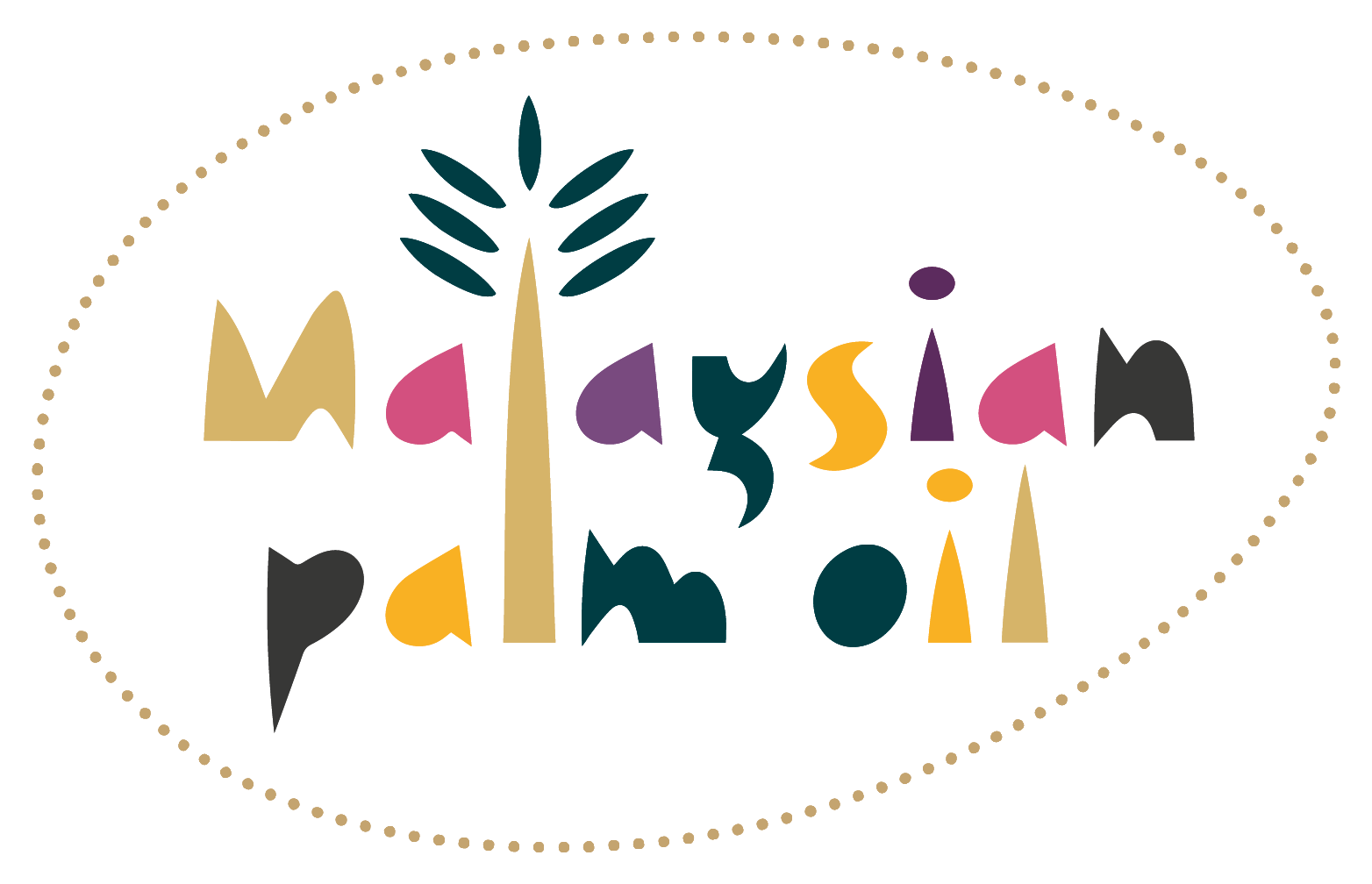This past week, outgoing British High Commissioner to Malaysia Charles Hay made departing remarks where he praised palm oil, effective diplomacy, Malaysiaâs global and domestic efforts on eliminating deforestation, and the close partnership the two nations have enjoyed during his tenure representing the U.K. in Kuala Lumpur.
Hay expressed how palm oil has allowed the U.K. to gain âinsights into Malaysiaâs efforts to enhance sustainability and productivity in the industry, including comparisons with other oil crops,â and credited it for prompting âdiscussions aimed at deepening understandingâ between the two nations.
Hay also highlighted how the U.K.âs entry into the Comprehensive and Progressive Agreement for Trans-Pacific Partnership (CPTPP) â which included the elimination of the U.K.âs tariffs on Malaysian palm oil â âpresents opportunities for both countries while protecting the interests of British investors and fostering fair and beneficial trade agreements.â
These efforts have prompted the U.K. to become more âentrenchedâ in their post-Brexit tilt towards ASEAN while enjoying a âprofoundâ and âdeeply intertwinedâ relationship with Malaysia, Hay concluded.
Malaysia Meets EUDR Requirements, MPOC Says
Writing in Malaysiaâs New Straits Times, MPOC CEO Belvinder Sron discussed how, despite the EUDRâs âcostly and wide-ranging set of criteriaâ, the Malaysian palm oil sector is well-equipped to meet the Regulationâs requirements â largely thanks to the government certification standard, MSPO.
Ms. Sron writes, MSPO is the most âimportant factor in Malaysian exporters’ ability to meet the EUDR requirements,â adding â96 per cent of all plantations in Malaysiaâ were already MSPO certified. MSPO is also âmore inclusive and accessible to smallholders, who form the backbone of the oil palm industry in Malaysiaâ she shared.
Malaysia is Not High-Risk
Another key concern is the EUâs forthcoming proposed labelling of countries that it considers âhigh riskâ for deforestation. âIt is evident to any reasonable observer that Malaysia â and any subnational authority â cannot seriously be considered high risk,â noted Ms. Sron, adding that a high percentage of Malaysiaâs oil palm plantations have, since 1990, been planted on âland converted from other crops as farmers have switched to oil palm for higher yields and financial returns.â
Malaysia is now a âglobal leader in forest protectionâ noted Ms. Sron, who highlighted Malaysiaâs 55 per cent forest cover and reduction in total planted area of oil palm plantations.
She then called for âtransparency of input and criteriaâ about the risk designations and a âpublic commitmentâ from the EU that neither Malaysia, or any of its subnational authorities or exports, will be labelled as âhigh riskâ under the EUDR.
Overall, the outlook for Malaysia and compliance with the EUDR is âpromising,â noted Ms. Sron, who concluded with a piece of advice for EU officials: âDiplomacy means engaging and acknowledging the progress that has been made. Malaysia trusts that its concerns will be addressed, and palm oil trade will continue without any further barriers.â
Malaysiaâs Effective Zero Deforestation Rate Confirmed
Malaysiaâs deforestation rate is effectively zero. A new report from the World Resource Instituteâs (WRI) confirms these developments.
WRIâs report revealed that Malaysia is in the top 5 countries for reducing deforestation rates, and praised the nation for âpositive government actionâ and âcertified sustainably grown palm oil.â
Efforts such as Malaysiaâs âNDPEâ and plantation area cap policies as well as MSPO were credited for being key drivers of Malaysiaâs success, proving that âthe commitment to the greater protection of rainforests and the sustainability of palm oil has been a persistent priority.â
